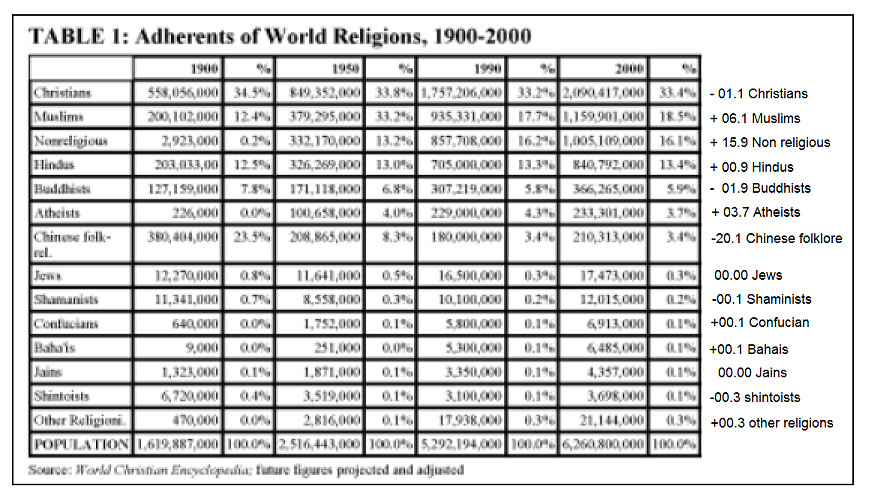Kangaroo Feathers
Yea, it is written in the Book of Cyril...
I think increased communications afforded by telecommunications and broadcast entertainment, as well as cheap, freely available long distance transport has done more to reduce the importance of religion than science per se.Other than the fact that science has increasingly provided competing interests with which people further divide their time, thus cutting into time and attention for religious considerations and pursuits, have the findings of science themselves pulled mankind away from religion?
.
Remember that 100 years ago, communities were small, self contained and largely self regulating, and often built around a religious hub as a religious, social and political centre. Today, I'm friends with people on the otherside of the planet, but have never spoken to my neighbours. I have tv, radio, books, computer games, and more entertainments at my fingertips that don't require anyone else's imput. 100 years ago, there was less leisure time, and what there was was usually based on communal activities, often centred on a church run social group. Religios organisations just used to be so much more central to live than today, and so general religiosity just naturally followed. There was no great anti-religious movement, just the nonreligious aspects of religious centred communities became less important. Essentially, religion went from a social necessity to an optional extra, and people have responded accordingly.
That's my theory, anyway.

